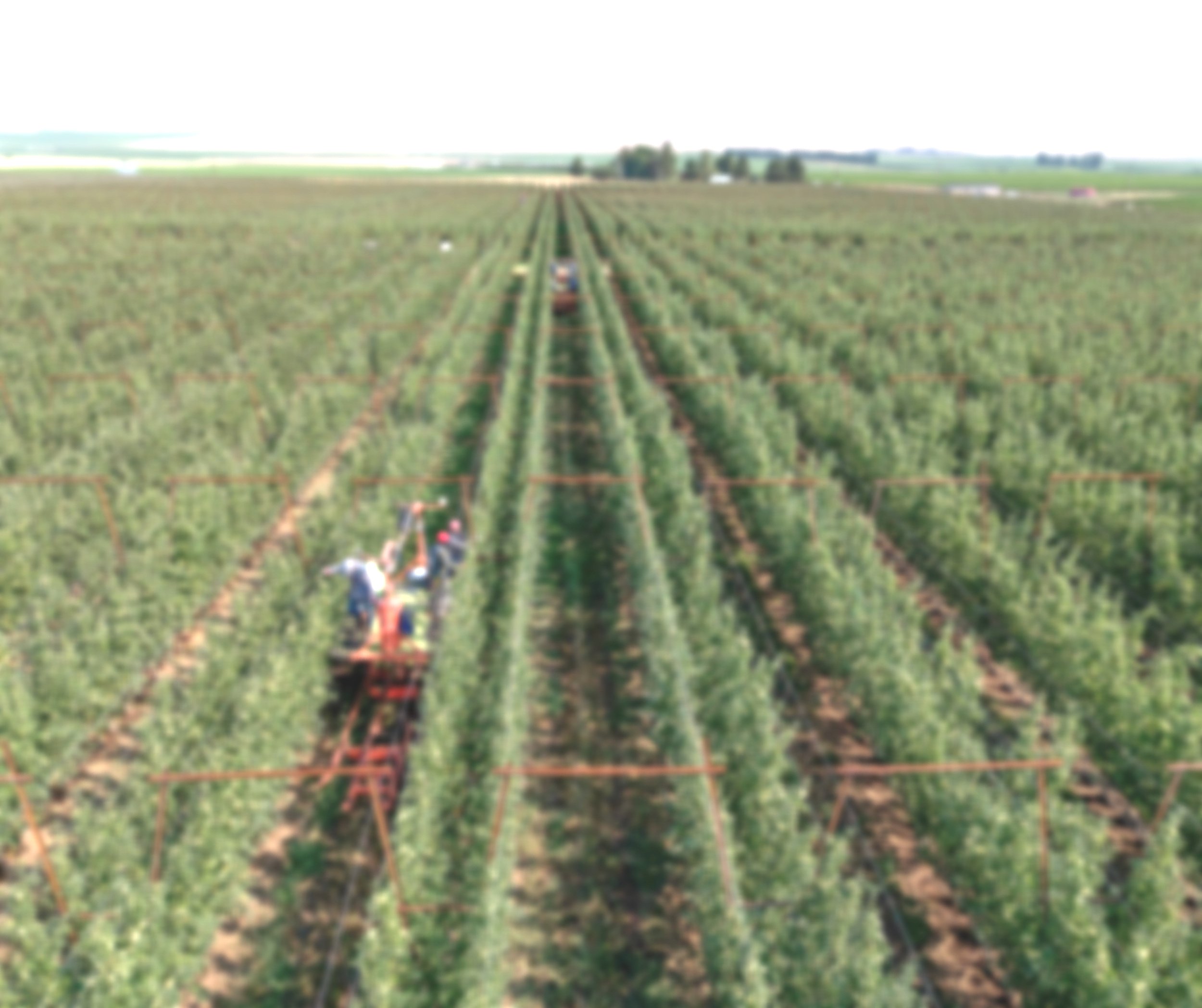
Who We Are
Field to Future is a nonprofit organization operating in Washington and Oregon that supports the thousands of seasonal agricultural workers who come to the Pacific Northwest each year on short-term H-2A visas. Our mission is to help these workers derive long-term benefits from their participation in the U.S. labor force by teaching them the fundamentals of personal financial management and U.S. employment practices.
Financial literacy training for H-2A workers began as a project launched by the Worker and Farmer Labor Association (WAFLA) headquartered in Lacey, Wash. Established in 2007 as a nonprofit association to assist member farms with H-2A program rules and the dizzying array of complex labor regulations, WAFLA is the largest organization of its kind. The association sets the highest standards for recruiting, housing, and assisting H-2A workers, thus serving the needs of member farms, who value a legal and stable workforce and a full-service association to assist them. As an example of this program leadership, WAFLA employs full-time field service representatives supplemented by college-educated, bilingual H-2A ambassadors to assist workers and employers alike.
H-2A Ambassadors provide worker orientations, explain worker rights and responsibilities, and troubleshoot problems at the workplace or after hours at worker housing. Since they also receive H-2A visas, the ambassadors are uniquely positioned to assist their co-nationals and explain the great opportunity the H-2A program affords workers. It was one of these field ambassadors who first noted that many workers would greatly benefit from training in personal money management.
In 2024, the WAFLA board and volunteers involved in the financial literacy program agreed it was time to form Field to Future, a new 501(c)(3) dedicated solely to financial literacy training. While enormously grateful to the jumpstart that WAFLA provided, Field to Future is a fully independent entity that works directly with farms, associations, and funding partners to further its mission of helping seasonal agricultural workers derive long-term benefits from their participation in the U.S. labor force.

